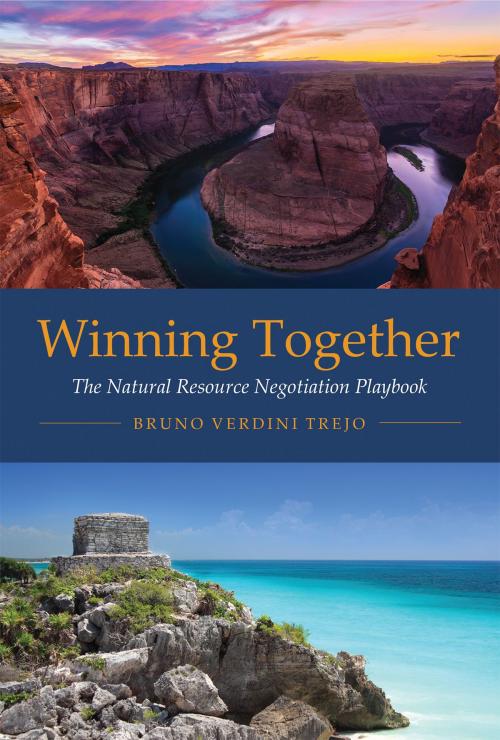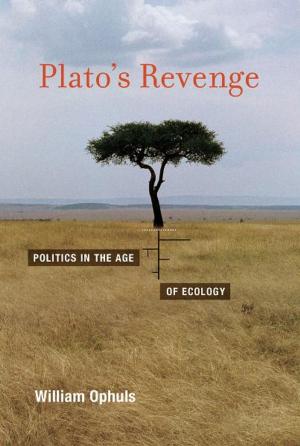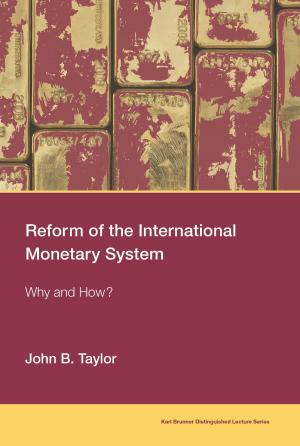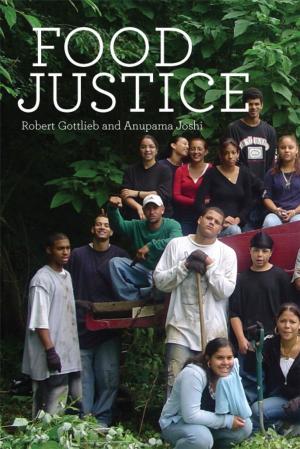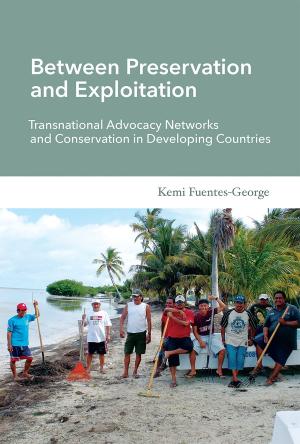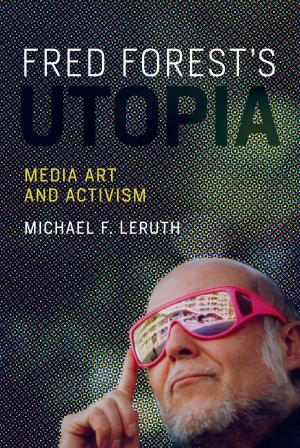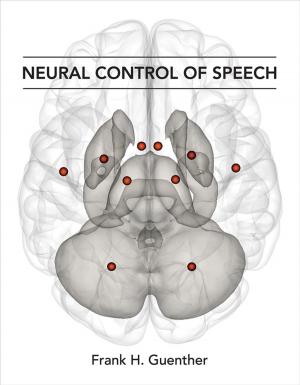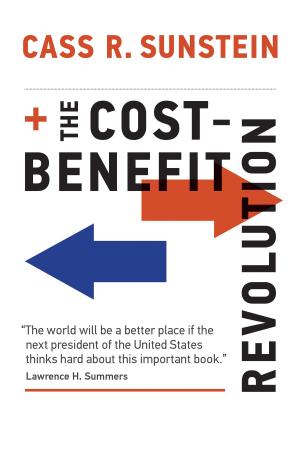Winning Together
The Natural Resource Negotiation Playbook
Nonfiction, Reference & Language, Law, Natural Resources, Social & Cultural Studies, Political Science, International, International Relations| Author: | Bruno Verdini Trejo | ISBN: | 9780262343640 |
| Publisher: | The MIT Press | Publication: | December 8, 2017 |
| Imprint: | The MIT Press | Language: | English |
| Author: | Bruno Verdini Trejo |
| ISBN: | 9780262343640 |
| Publisher: | The MIT Press |
| Publication: | December 8, 2017 |
| Imprint: | The MIT Press |
| Language: | English |
Strategies for transboundary natural resource management; winner of Harvard Law School's Raiffa Award for best research of the year in negotiation and conflict resolution.
Transboundary natural resource negotiations, often conducted in an atmosphere of entrenched mistrust, confrontation, and deadlock, can go on for decades. In this book, Bruno Verdini outlines an approach by which government, private sector, and nongovernmental stakeholders can overcome grievances, break the status quo, trade across differences, and create mutual gains in high-stakes water, energy, and environmental negotiations.
Verdini examines two landmark negotiations between the United States and Mexico. The two cases—one involving conflict over shared hydrocarbon reservoirs in the Gulf of Mexico and the other involving disputes over the shared waters of the Colorado River—resulted in groundbreaking agreements in 2012, after decades of deadlock.
Drawing on his extensive interviews with more than seventy high-ranking negotiators in the United States and Mexico—from presidents and ambassadors to general managers, technical experts, and nongovernmental advocates—Verdini offers detailed accounts from multiple points of view, on both sides of the border. He unpacks the negotiation, leadership, collaborative decision-making, and political communication strategies that made agreement possible.
Building upon the theoretical and empirical findings, Verdini offers advice for practitioners on effective negotiation and dispute resolution strategies that avoid the presumption that there are not enough resources to go around, and that one side must win and the other must inevitably lose.
This investigation is the winner of Harvard Law School's Howard Raiffa Award for best research of the year in negotiation, mediation, decision-making, and dispute resolution.
Strategies for transboundary natural resource management; winner of Harvard Law School's Raiffa Award for best research of the year in negotiation and conflict resolution.
Transboundary natural resource negotiations, often conducted in an atmosphere of entrenched mistrust, confrontation, and deadlock, can go on for decades. In this book, Bruno Verdini outlines an approach by which government, private sector, and nongovernmental stakeholders can overcome grievances, break the status quo, trade across differences, and create mutual gains in high-stakes water, energy, and environmental negotiations.
Verdini examines two landmark negotiations between the United States and Mexico. The two cases—one involving conflict over shared hydrocarbon reservoirs in the Gulf of Mexico and the other involving disputes over the shared waters of the Colorado River—resulted in groundbreaking agreements in 2012, after decades of deadlock.
Drawing on his extensive interviews with more than seventy high-ranking negotiators in the United States and Mexico—from presidents and ambassadors to general managers, technical experts, and nongovernmental advocates—Verdini offers detailed accounts from multiple points of view, on both sides of the border. He unpacks the negotiation, leadership, collaborative decision-making, and political communication strategies that made agreement possible.
Building upon the theoretical and empirical findings, Verdini offers advice for practitioners on effective negotiation and dispute resolution strategies that avoid the presumption that there are not enough resources to go around, and that one side must win and the other must inevitably lose.
This investigation is the winner of Harvard Law School's Howard Raiffa Award for best research of the year in negotiation, mediation, decision-making, and dispute resolution.
